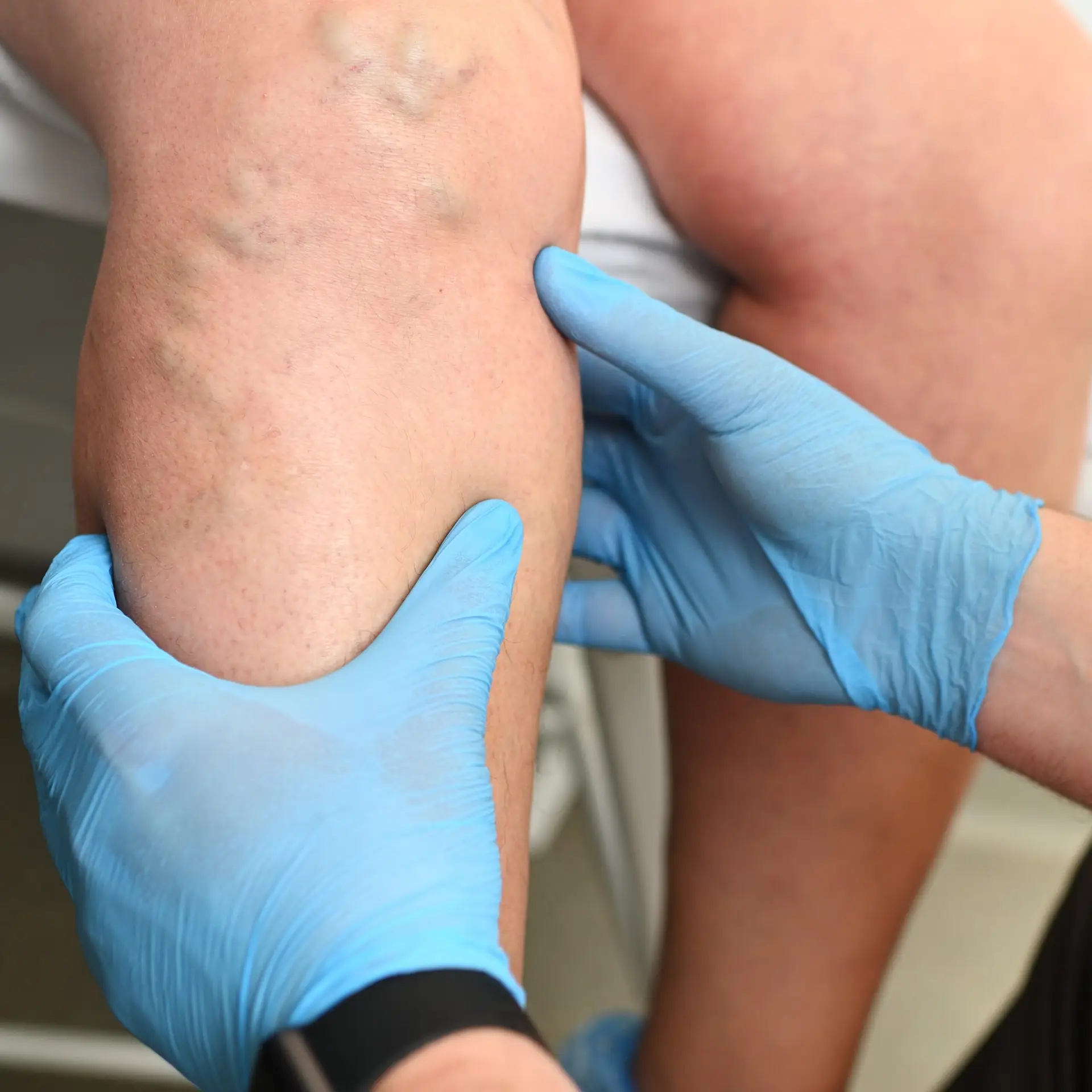Vascular medicine focuses on the prevention, diagnosis, and treatment of blood vessel conditions. It covers arteries, veins, and the lymphatic system. Specialists treat issues ranging from peripheral artery disease (PAD) and varicose veins to serious conditions like aneurysms and deep vein thrombosis (DVT).
Doctors use advanced tests such as ultrasound, CT angiography, and MR angiography to detect problems and monitor blood flow. These tools help them identify blockages and design precise treatment plans.
Treatment in Vascular medicine ranges from lifestyle changes and medication to minimally invasive options like stenting and catheter procedures. When needed, surgeons also perform open repairs to restore proper circulation. This approach ensures patients receive the right care for their condition.
The main goals of Vascular care are to improve circulation, ease symptoms, and prevent severe events such as stroke, heart attack, or limb loss. By focusing on vessel health early, specialists help patients move better, reduce pain, and improve quality of life.
